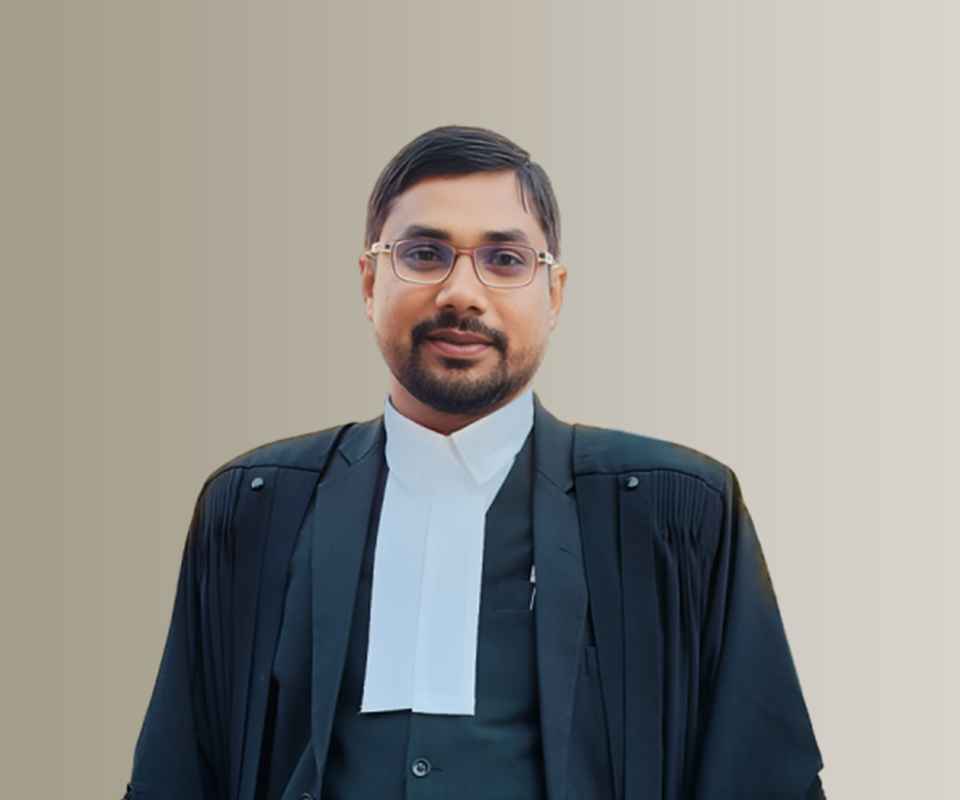Answer By law4u team
Constitution of India Article 184: Power of the Deputy Chairman or Other Person to Perform the Duties of the Office of, or to Act as, Chairman
1. While the office of Chairman is vacant, the duties of the office shall be performed by the Deputy Chairman or, if the office of Deputy Chairman is also vacant, by such member of the Council as the Governor may appoint for the purpose.
2. During the absence of the Chairman from any sitting of the Council, the Deputy Chairman or, if he is also absent, such person as may be determined by the rules of procedure of the Council, or, if no such person is present, such other person as may be determined by the Council, shall act as Chairman.
Brief Detail
Article 184 specifies the procedure when the office of the Chairman of the Legislative Council is vacant or when the Chairman is absent:
- If the Chairman's office is vacant, the Deputy Chairman will perform the duties of the Chairman. If both positions are vacant, the Governor will appoint a member to act as Chairman.
- During the Chairman's absence from a sitting, the Deputy Chairman will assume the responsibilities of the office. If the Deputy Chairman is also absent, the Council will determine who will act as Chairman, either by the rules or by a decision of the Council.
Question & Answers
Who performs the duties of the Chairman when the office is vacant?
When the office of the Chairman is vacant, the Deputy Chairman performs the duties. If the Deputy Chairman's office is also vacant, the Governor will appoint another member to carry out the responsibilities of the Chairman.
Who acts as Chairman during the Chairman's absence from a sitting?
During the Chairman's absence, the Deputy Chairman will act as the Chairman. If the Deputy Chairman is absent, the person designated by the rules of procedure or by the Council itself will assume the position of Chairman.
Example
If the Chairman of a Legislative Council is unable to attend a sitting, the Deputy Chairman will take over the responsibilities. If both the Chairman and Deputy Chairman are absent, the Council may appoint another member to chair the sitting, or the Governor may appoint someone in case both positions are vacant.
Summary
Article 184 ensures that there is no disruption in the functioning of the Legislative Council by providing a clear mechanism for filling the Chairman's position during vacancy or absence. This system guarantees the smooth conduct of legislative proceedings.







